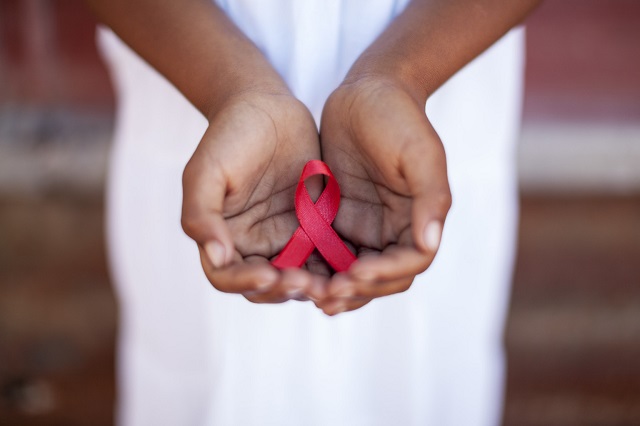
Mbarara, Uganda | THE INDEPENDENT | Mbarara district has registered a decline in early infant HIV infections in the last six months. Chris Nahabwe, the Mbarara district HIV Focal Person, says between October 2021 and March 2022, only one infant tested HIV positive at all the five health centers in the district from over 1000 children previously.
Nahabwe attributes the success to the Early Infant Diagnosis-EID strategy under the Elimination of Mother To Child HIV Transmission intervention. She says that UNAIDS goal 1 targeting the Elimination of Mother To Child transmission, targets to reduce transmission to either 5% or below with effective interventions during pregnancy, labour, delivery and breastfeeding.
He also says the reduction in early infant HIV infection is a success since the President fast-tracked the initiative on ending HIV & AIDS in Uganda by 2030 in June 2017.
Dr. Rosemary Ayebazibwe, the Medical Service Technical lead at TASO, says that they have not registered any new cases of children below one year testing positive in the last five months.
She says that a random survey done by the ELMA foundation in Southwestern Uganda in 2014 also registered fewer new HIV infections, which she attributes to the success of the Elimination of Mother To Child HIV Transmission.
Ayebazibwe says the sustainability of this success entirely depends on how the “95-95-95” strategy in adults is being implemented noting that if 95% of the people know their status and 95% are enrolled on ARVs and 95% suppress the virus, it will be hard for mothers to transmit the virus to their unborn babies and infants.
She expressed concern about the failure of men to attend antenatal clinics with their wives as a couple, which she blames on the lack of knowledge about the available interventions.
Kedrace Natukunda, the senior counsellor in charge of children at TASO acknowledges the achievement in the Elimination of Mother To Child Transmission noting that they are now faced with the challenge of revealing the status of children born with HIV. She said that some children are stigmatized after knowing their status and end up refusing to take their medicines while others struggle to live a better life.
She calls for improved supervision of health workers to reduce the further risk of HIV transmission to unborn children and infants.
Dr Johnson Kabwisho, the Medical Superintendent of Kitagata Hospital appreciates the success. He however says that they face the challenge of limited equipment in the health facilities. He reveals that some facilities lack basics like maternity beds and gloves among others. According to the UNAIDS Global AIDS 2022 data, globally, only half of 52% of children living with HIV are on life-saving treatment, far behind adults where three-quarters representing 76% are receiving antiretroviral.
It’s upon this concern that UNAIDS, UNICEF, WHO and partners while in Montreal Canada announced the global alliance to prevent new infant HIV infections and to ensure that no child living with HIV is denied treatment by 2030.
*****
URN
 The Independent Uganda: You get the Truth we Pay the Price
The Independent Uganda: You get the Truth we Pay the Price


